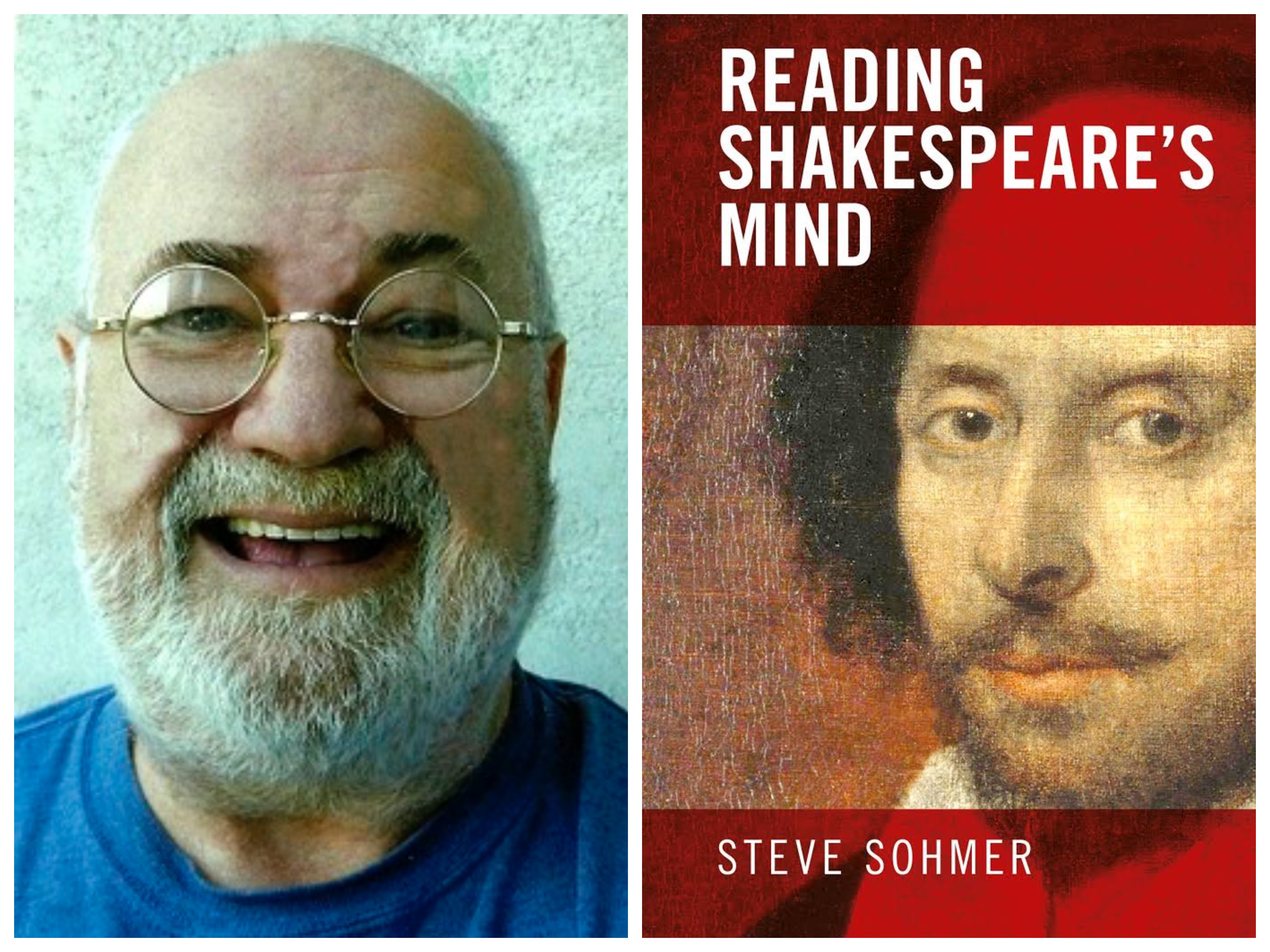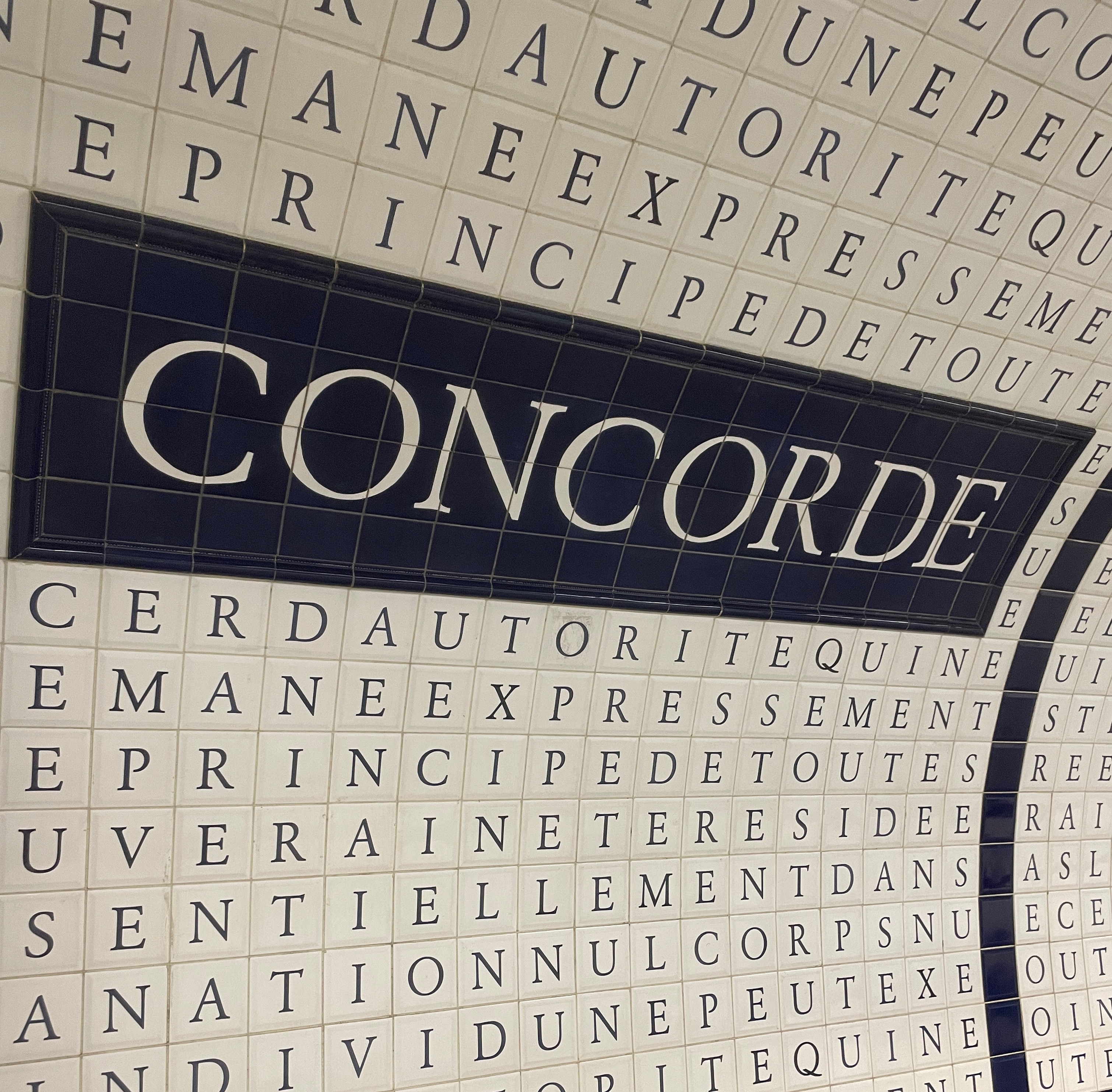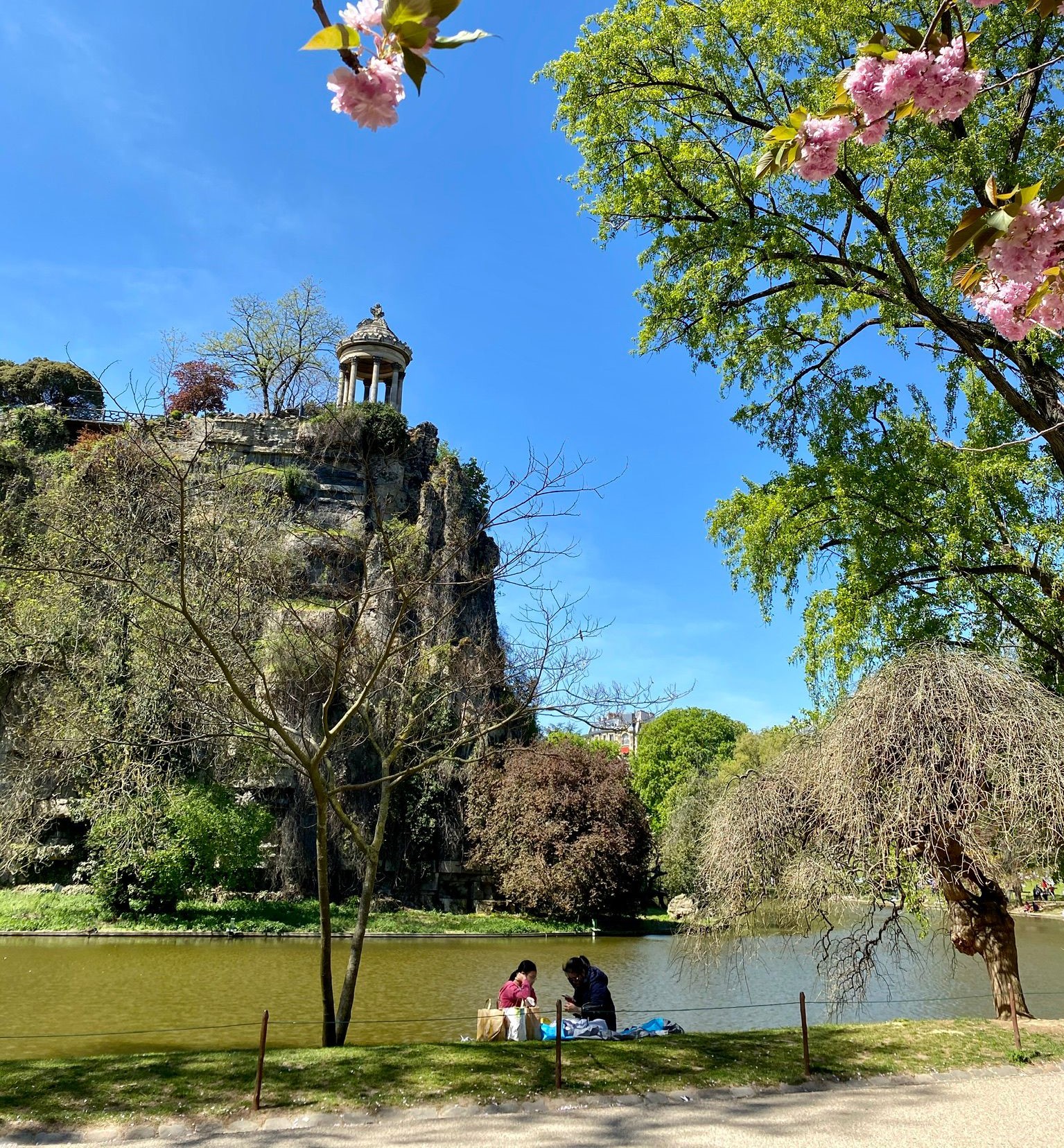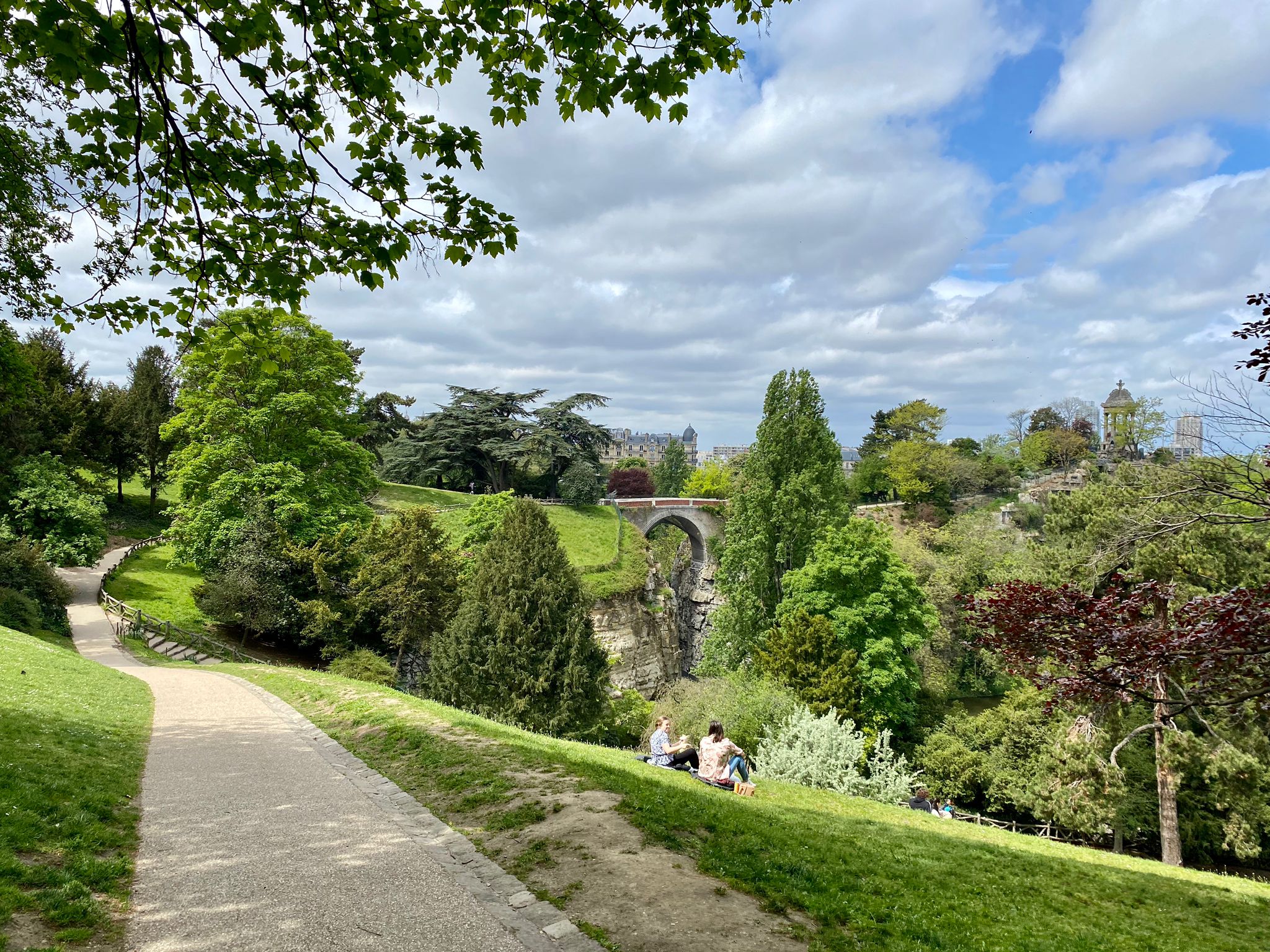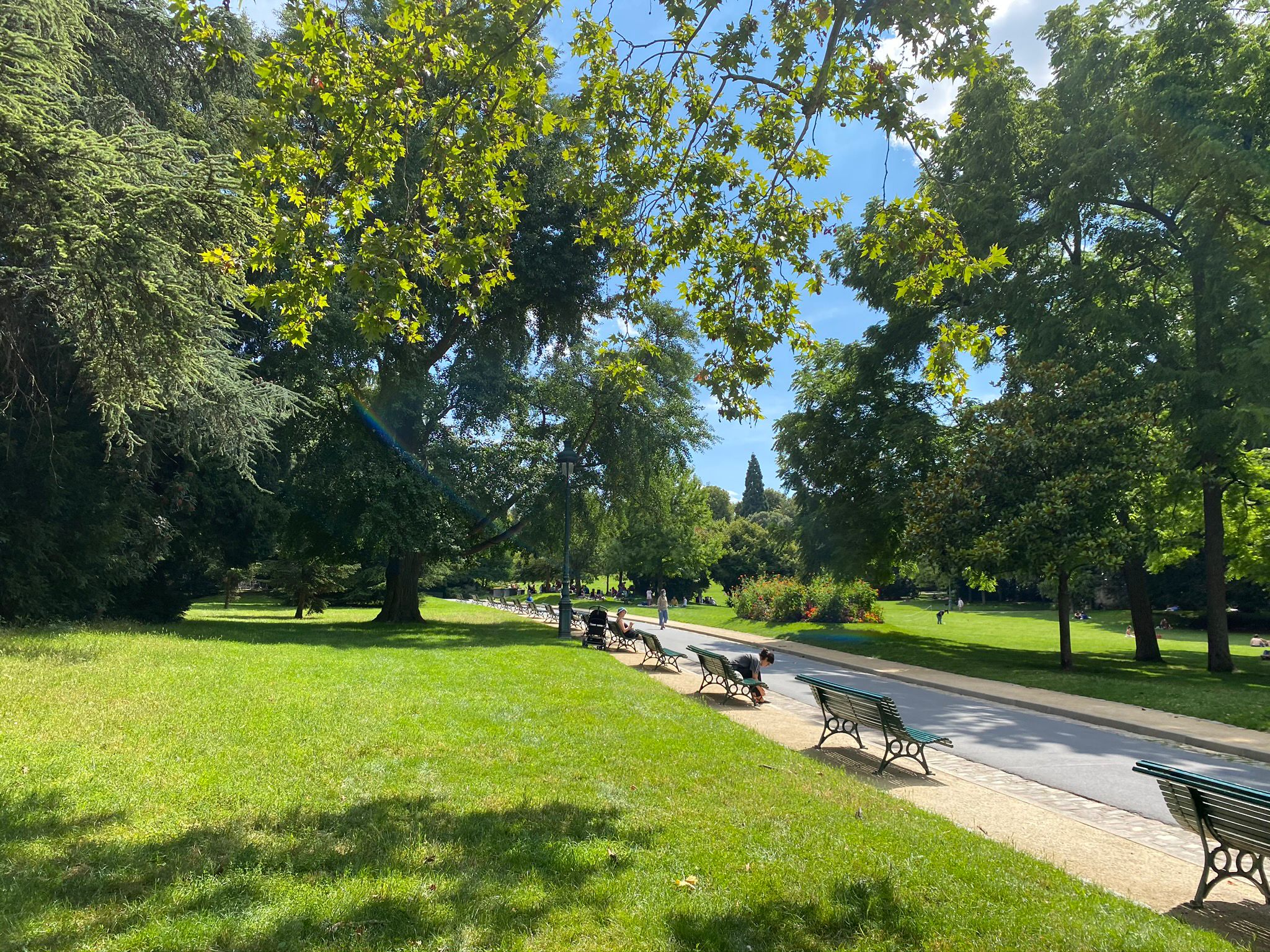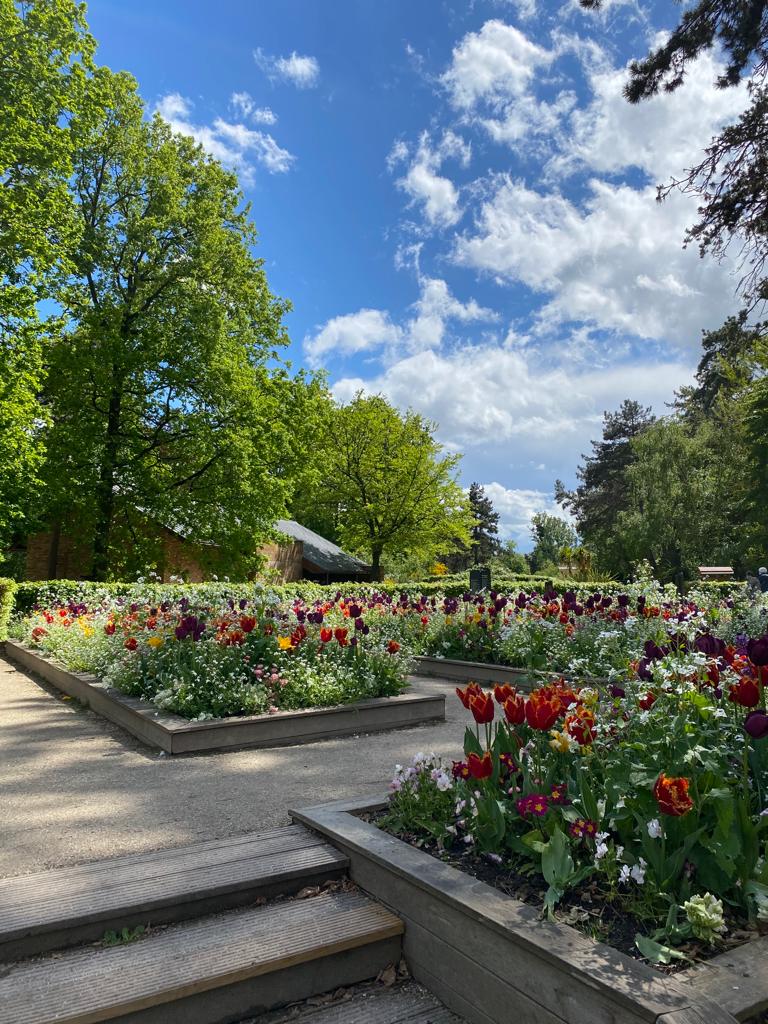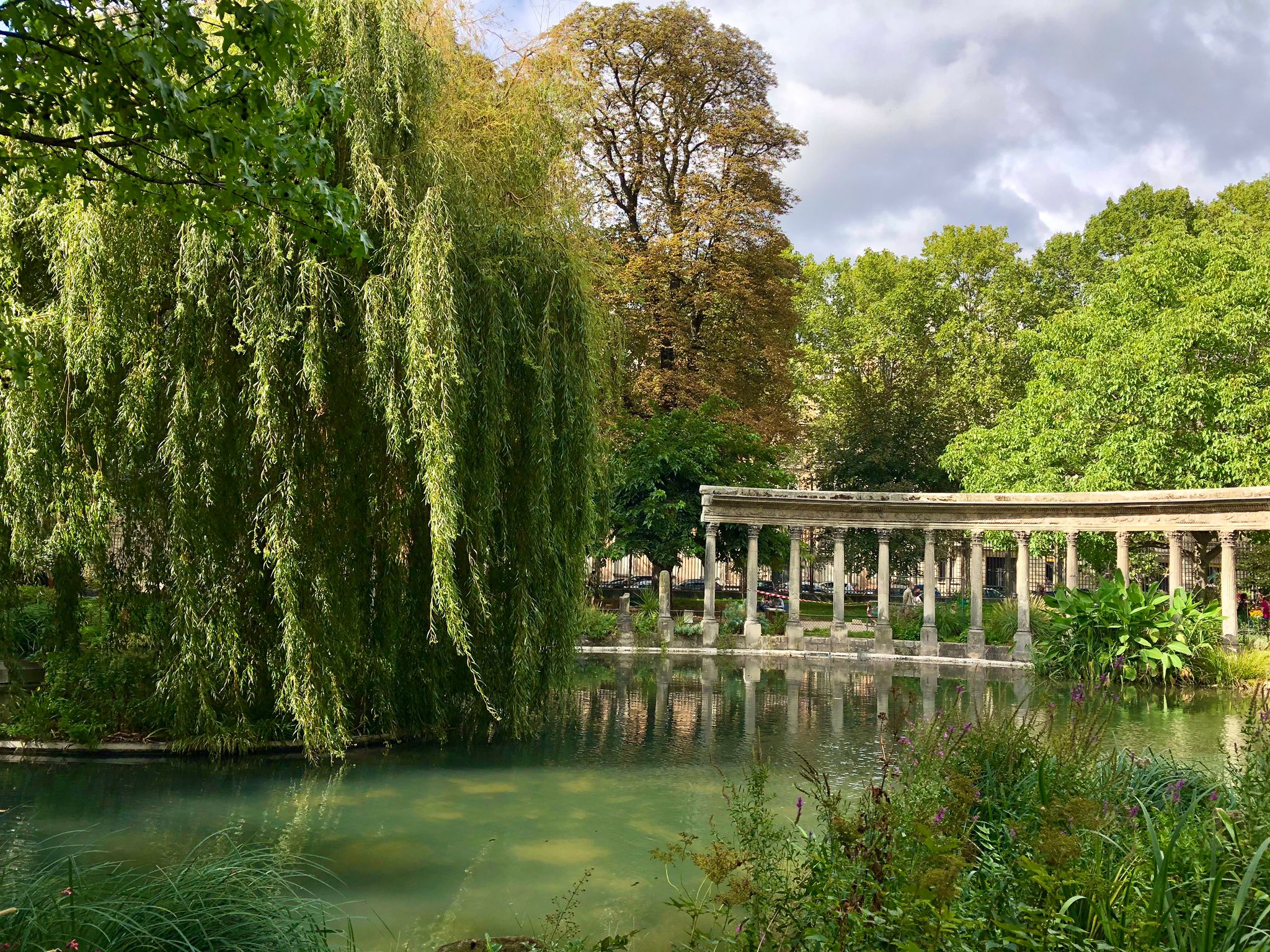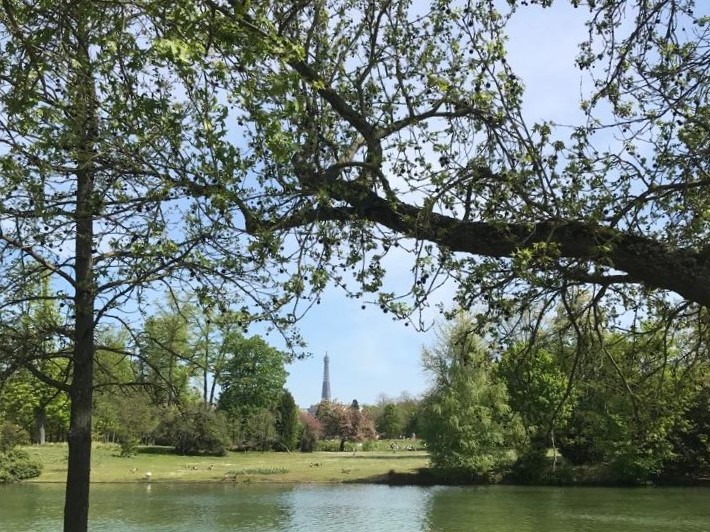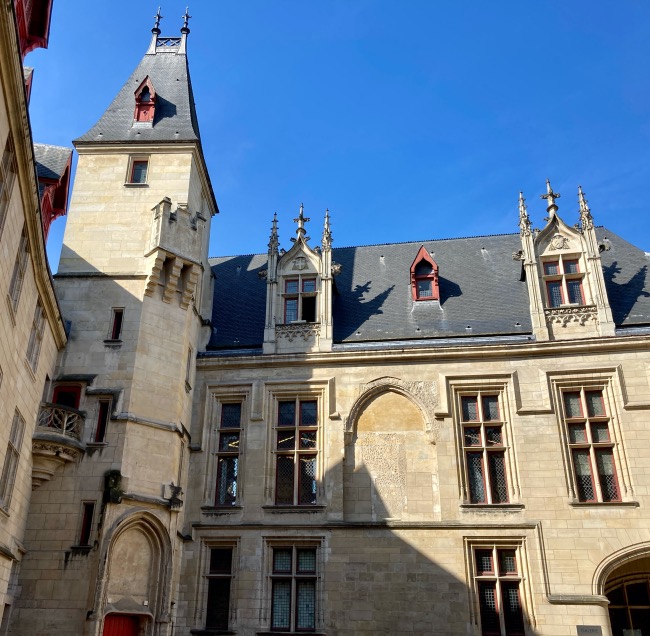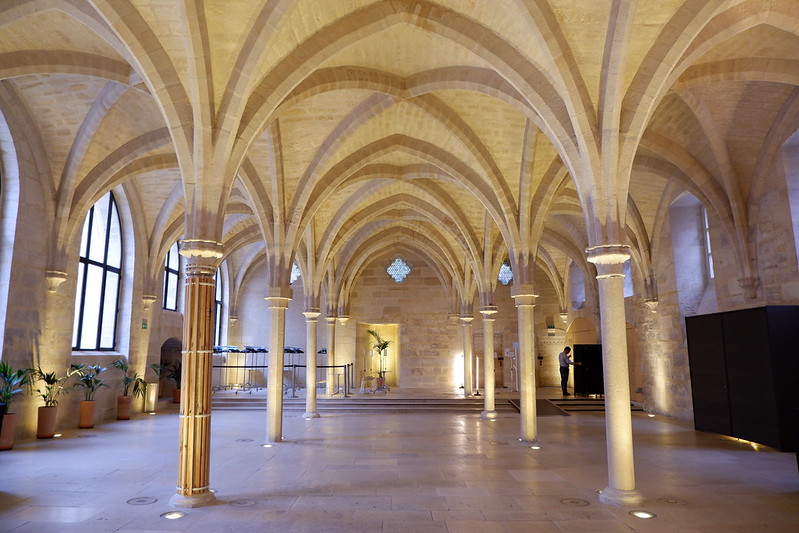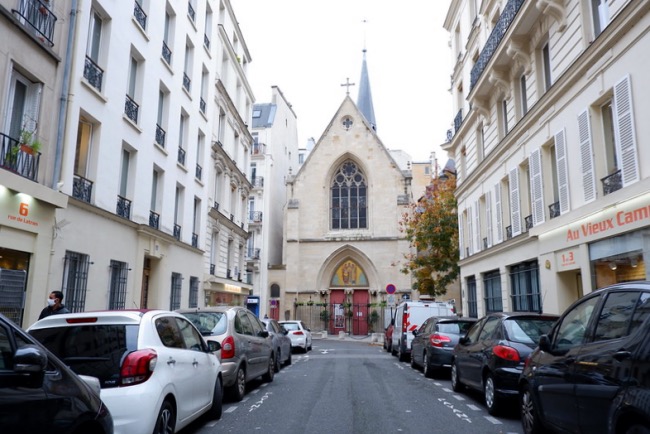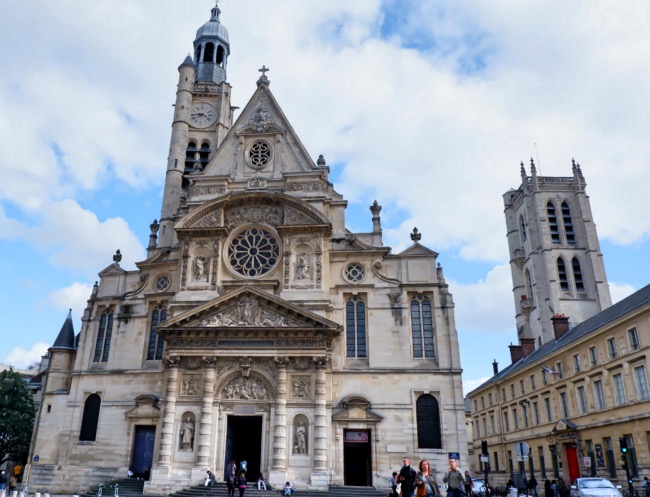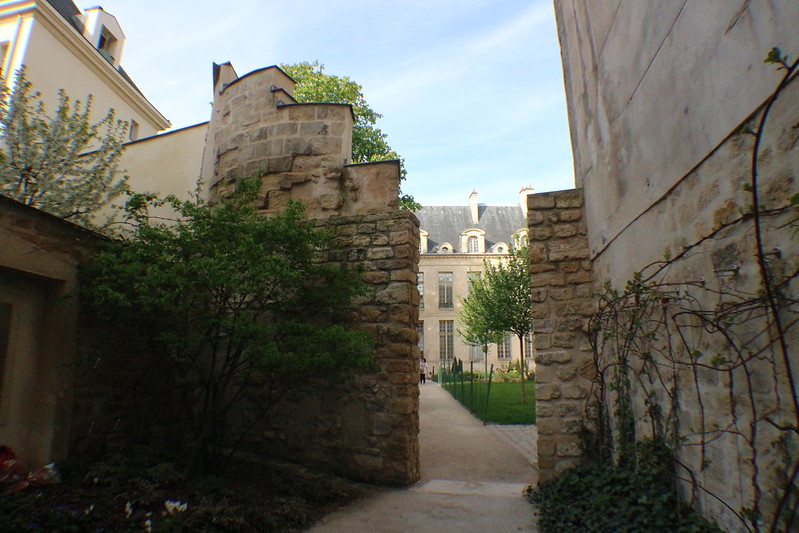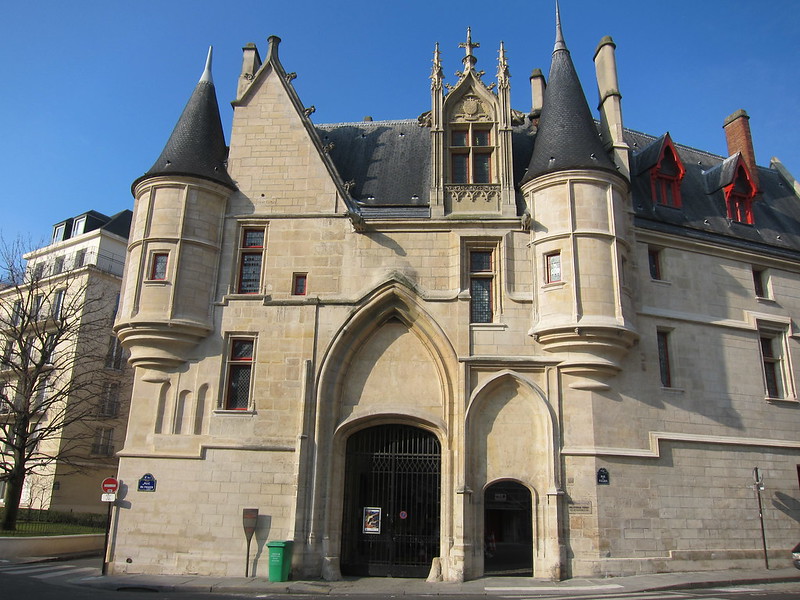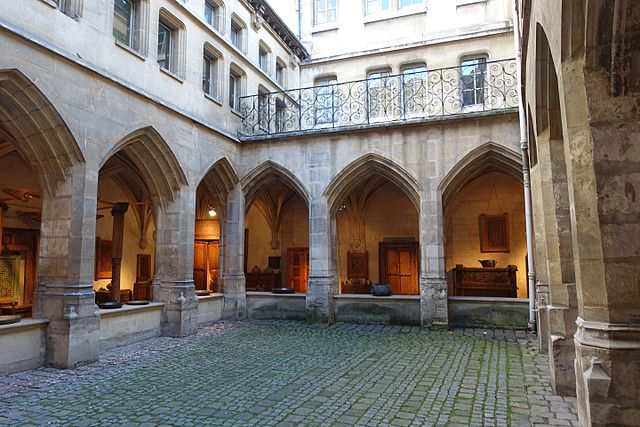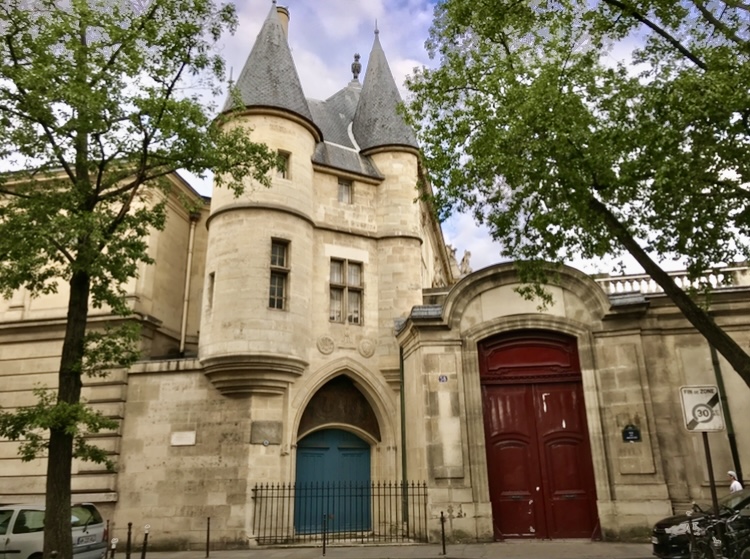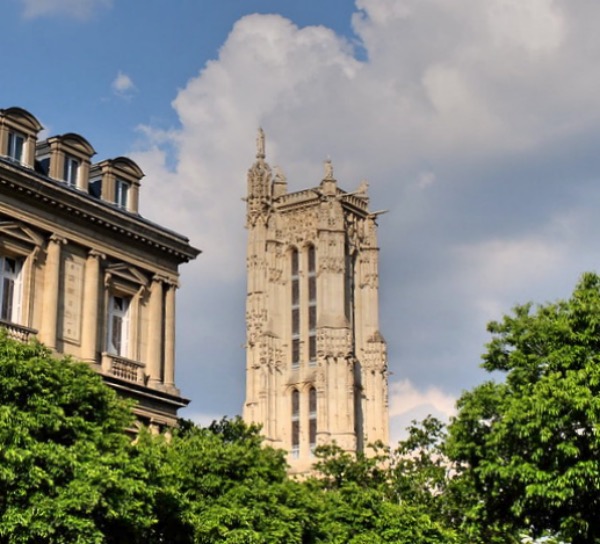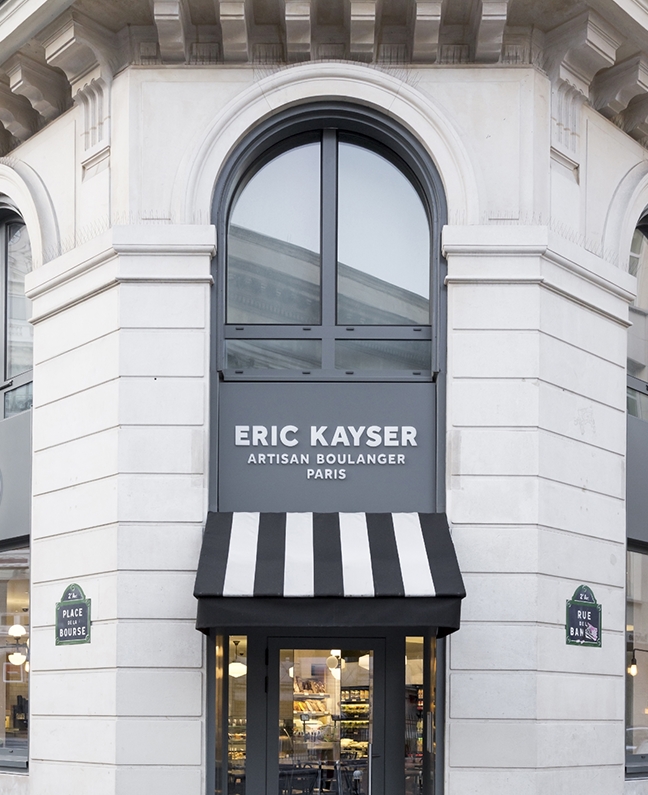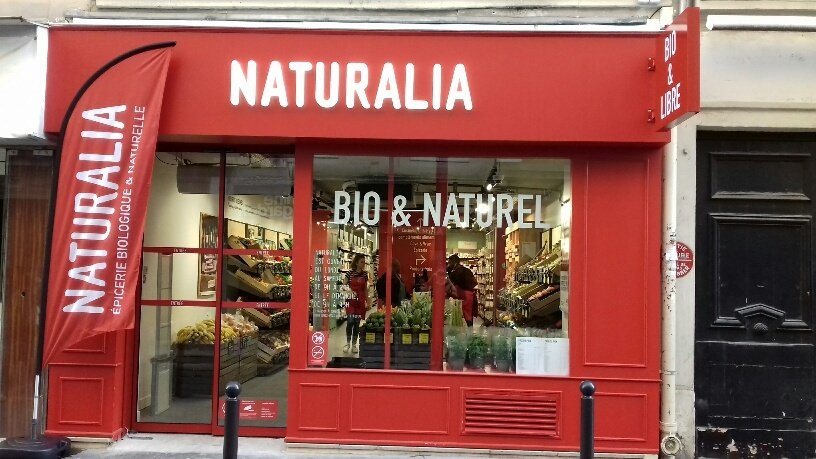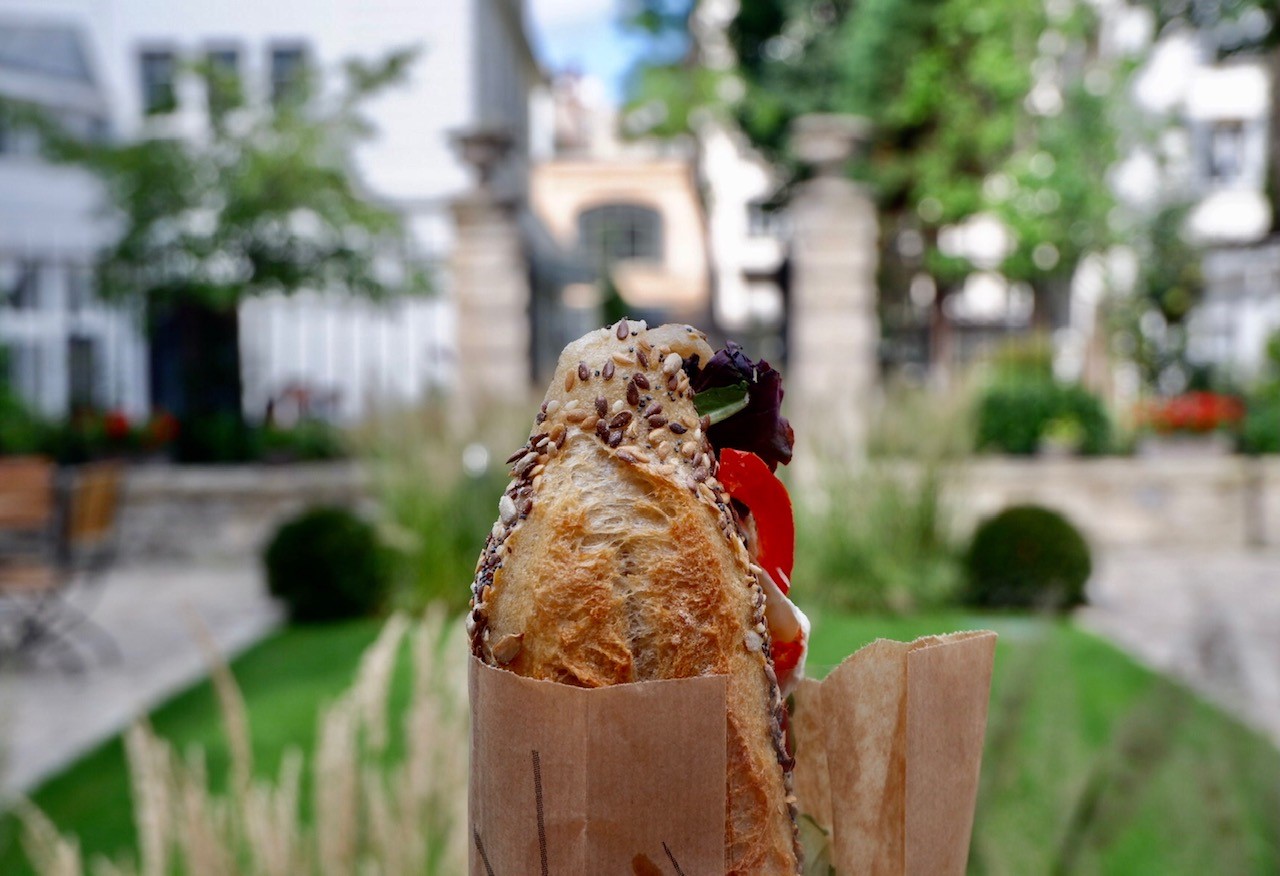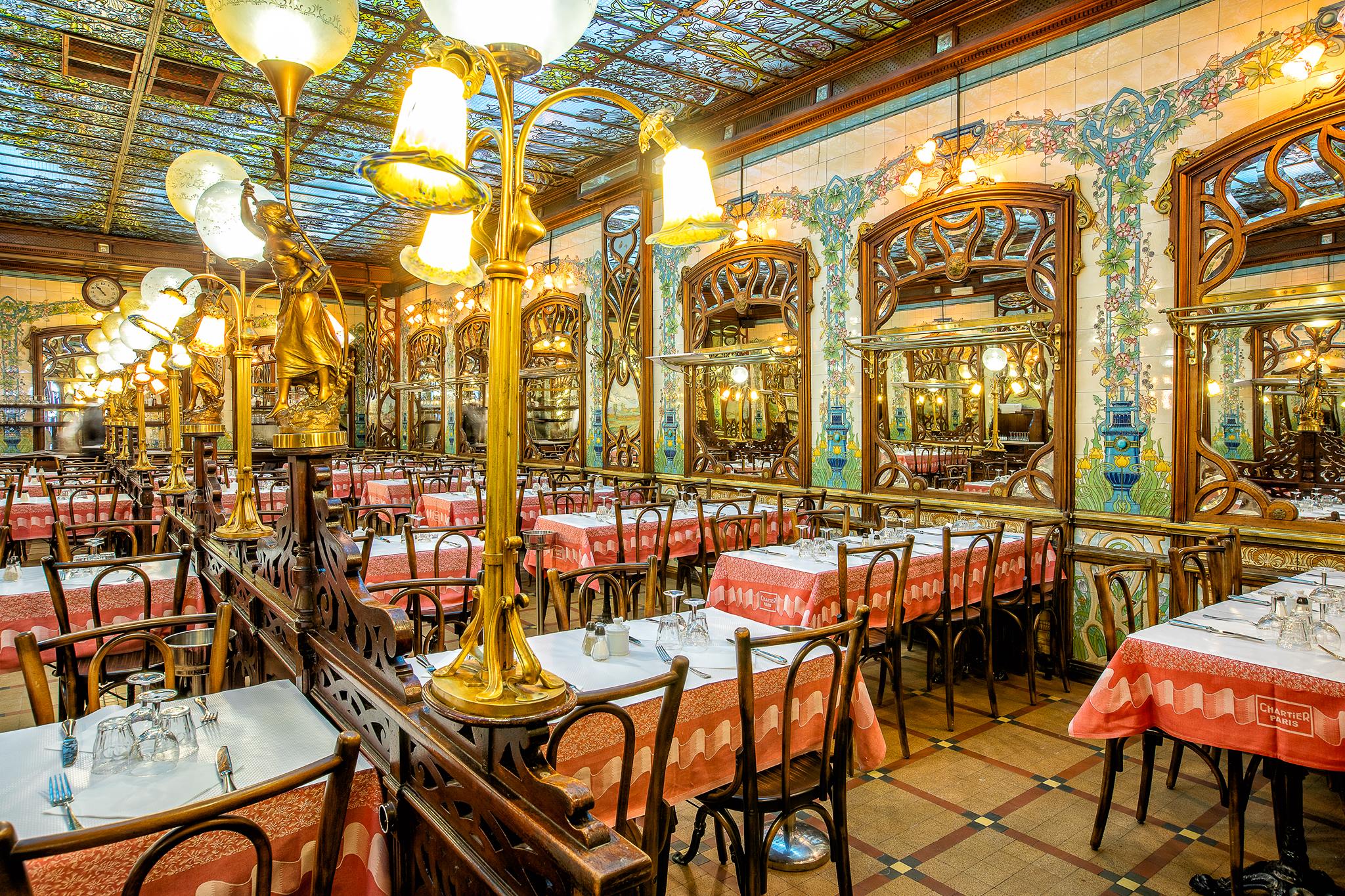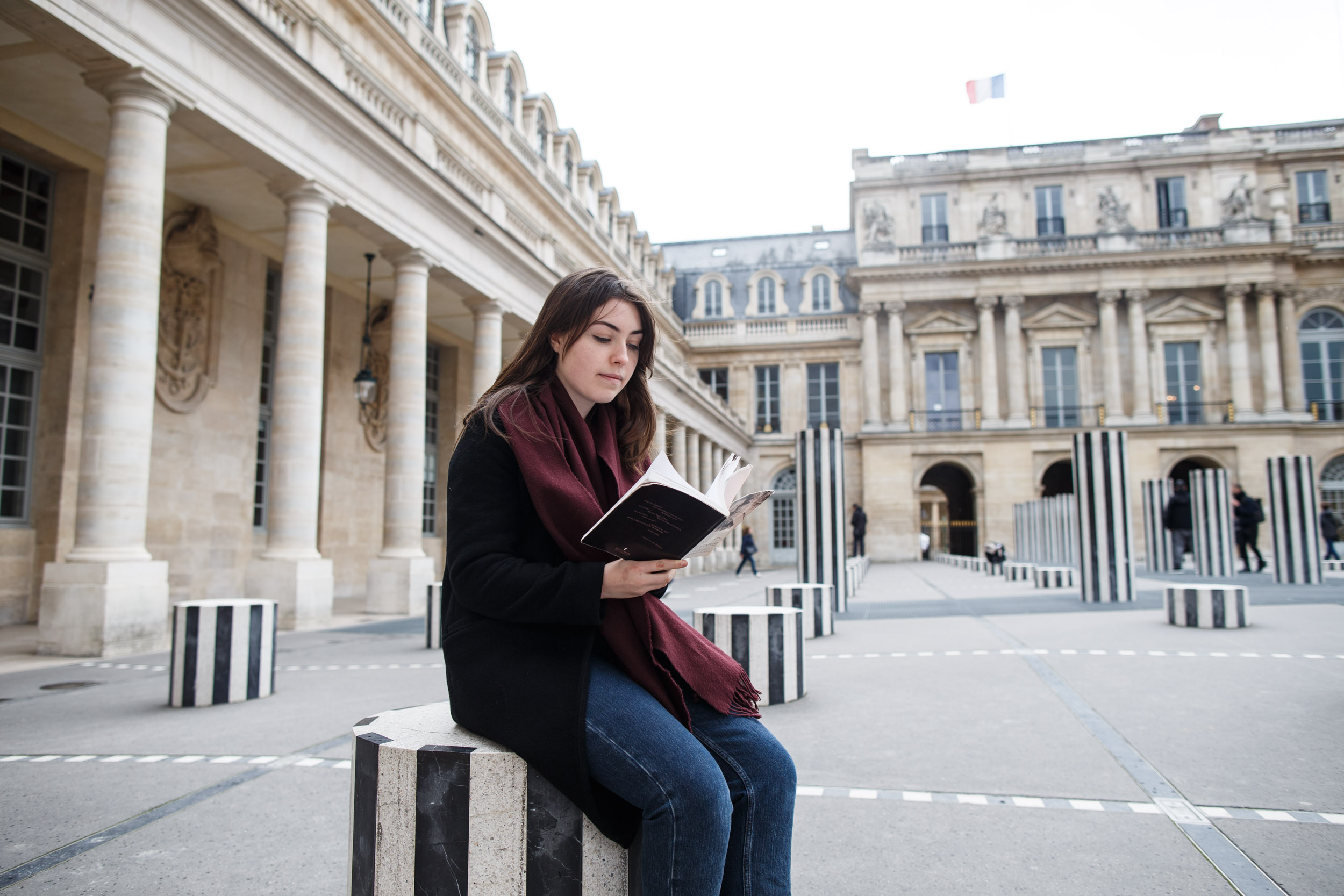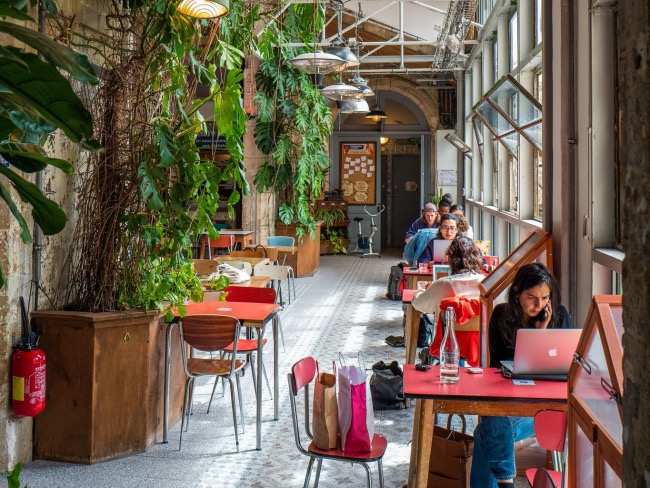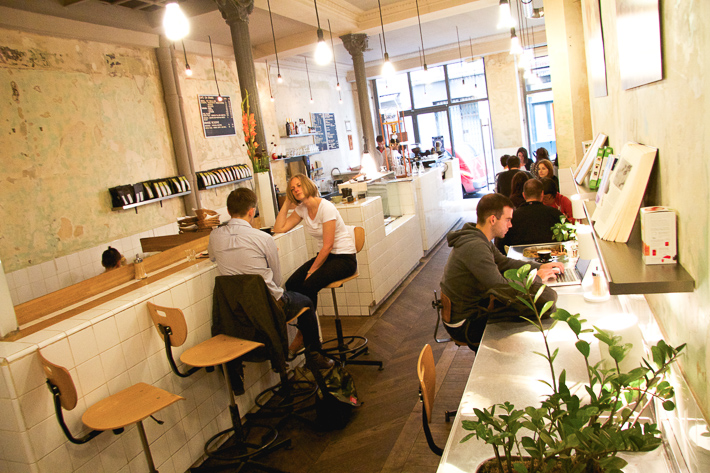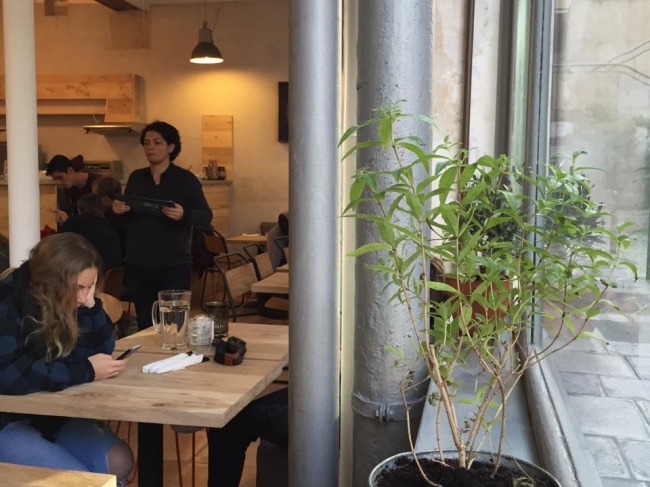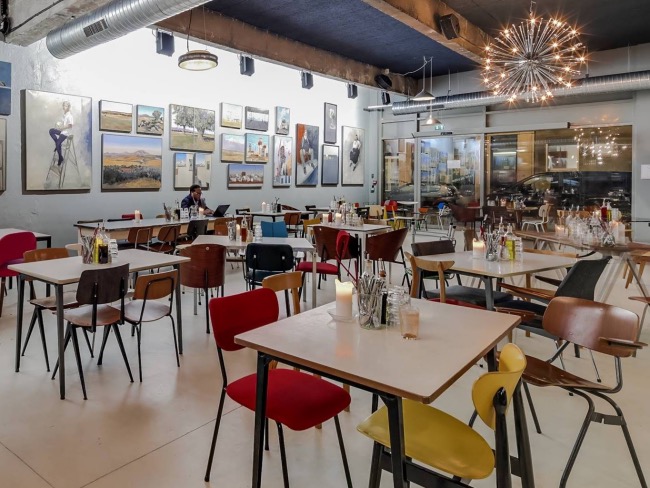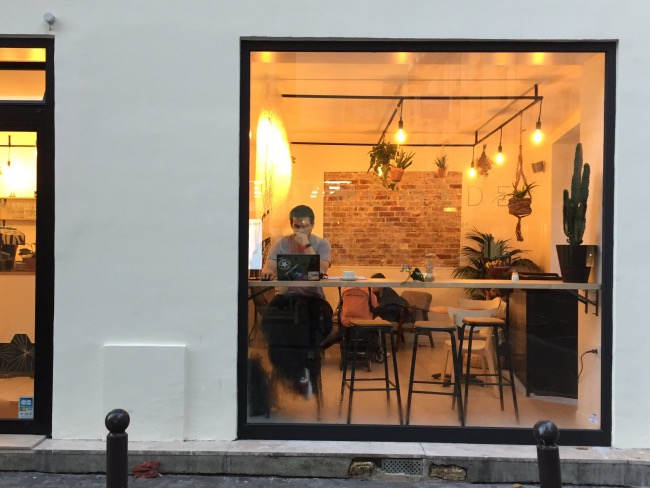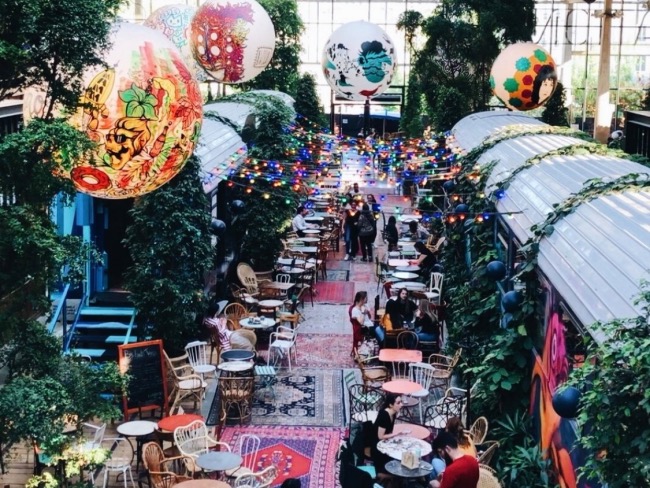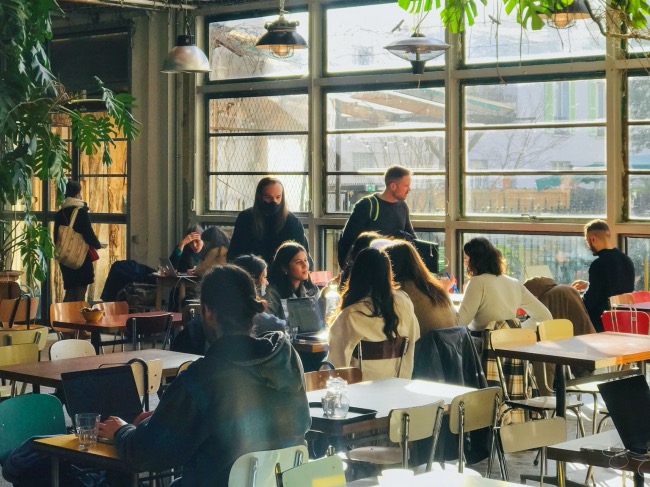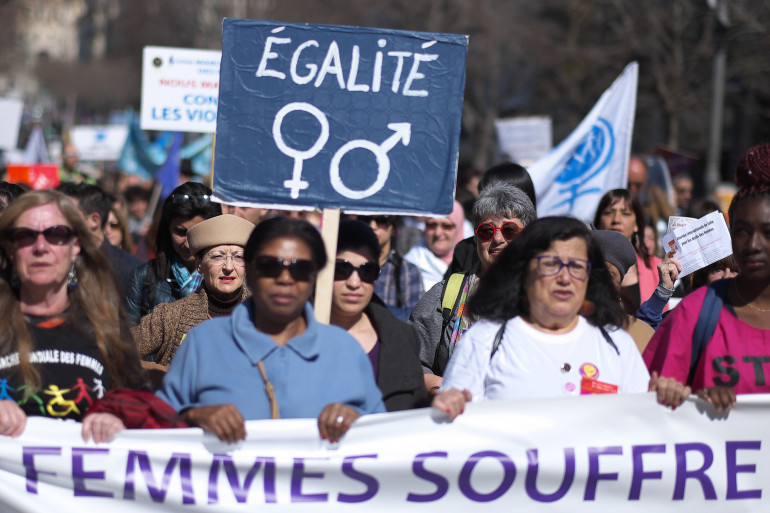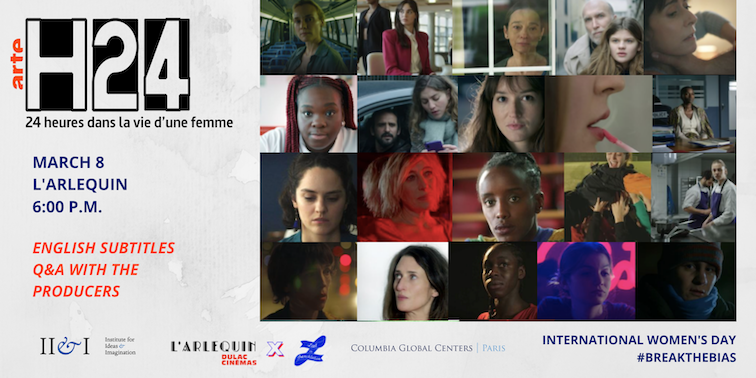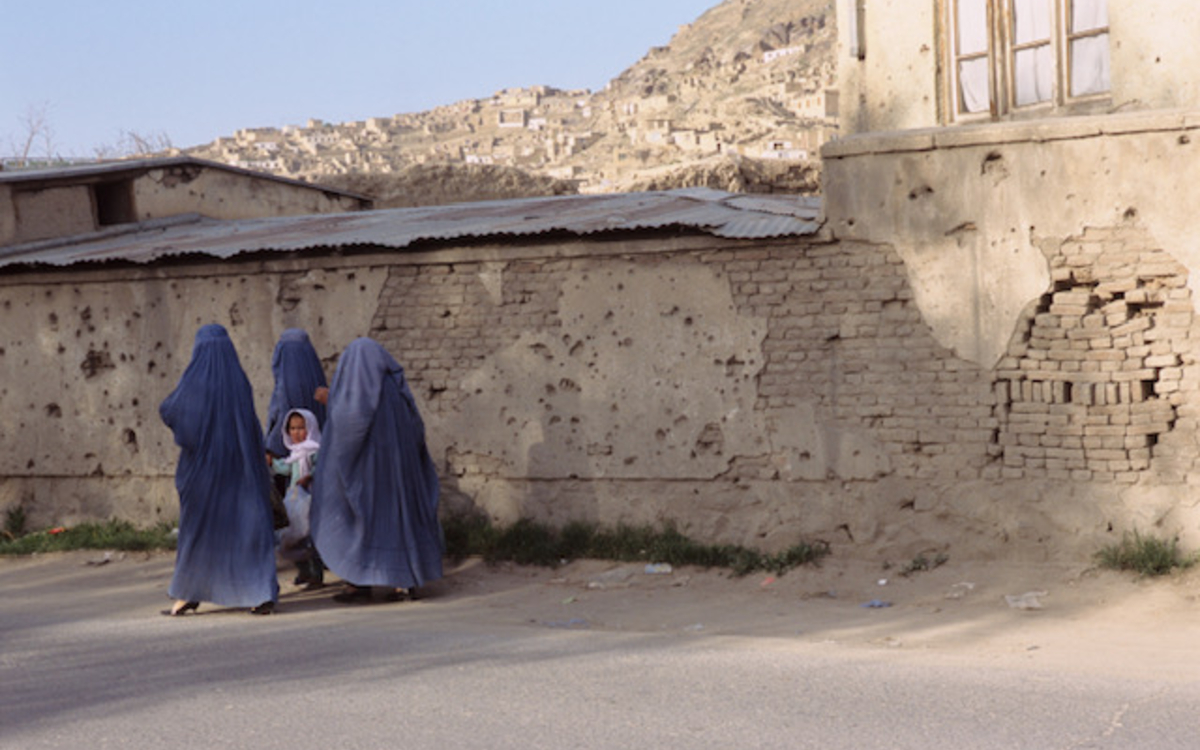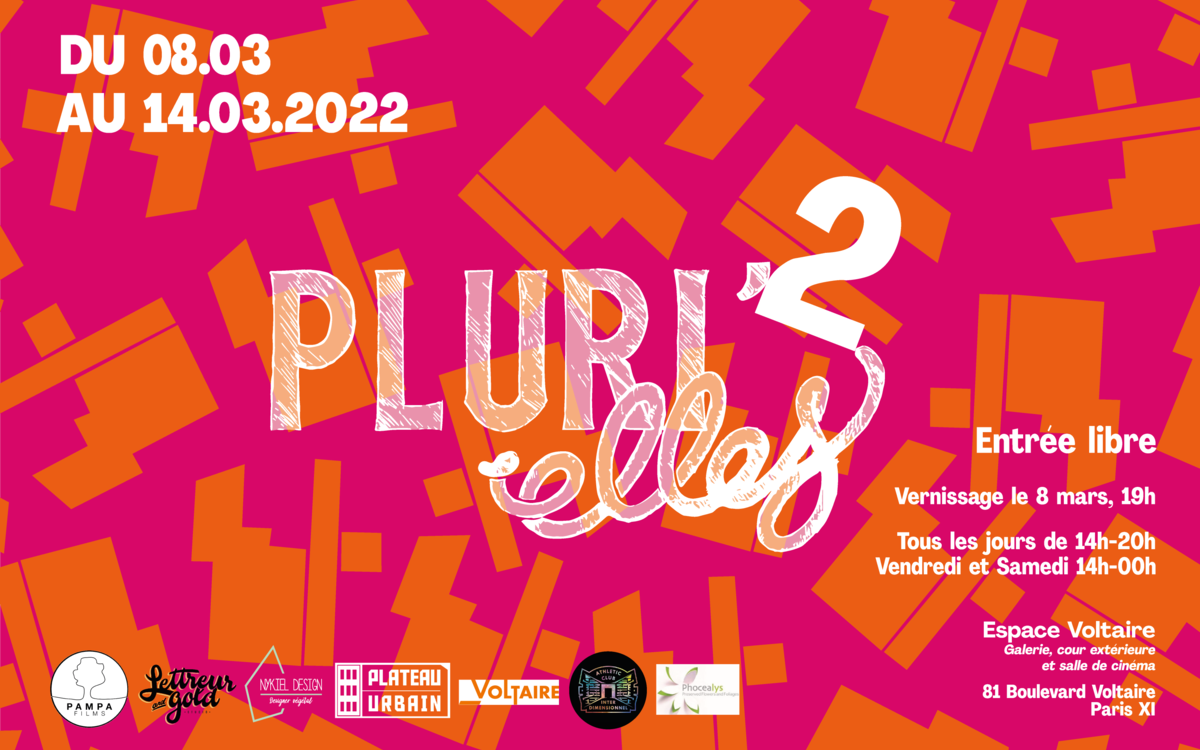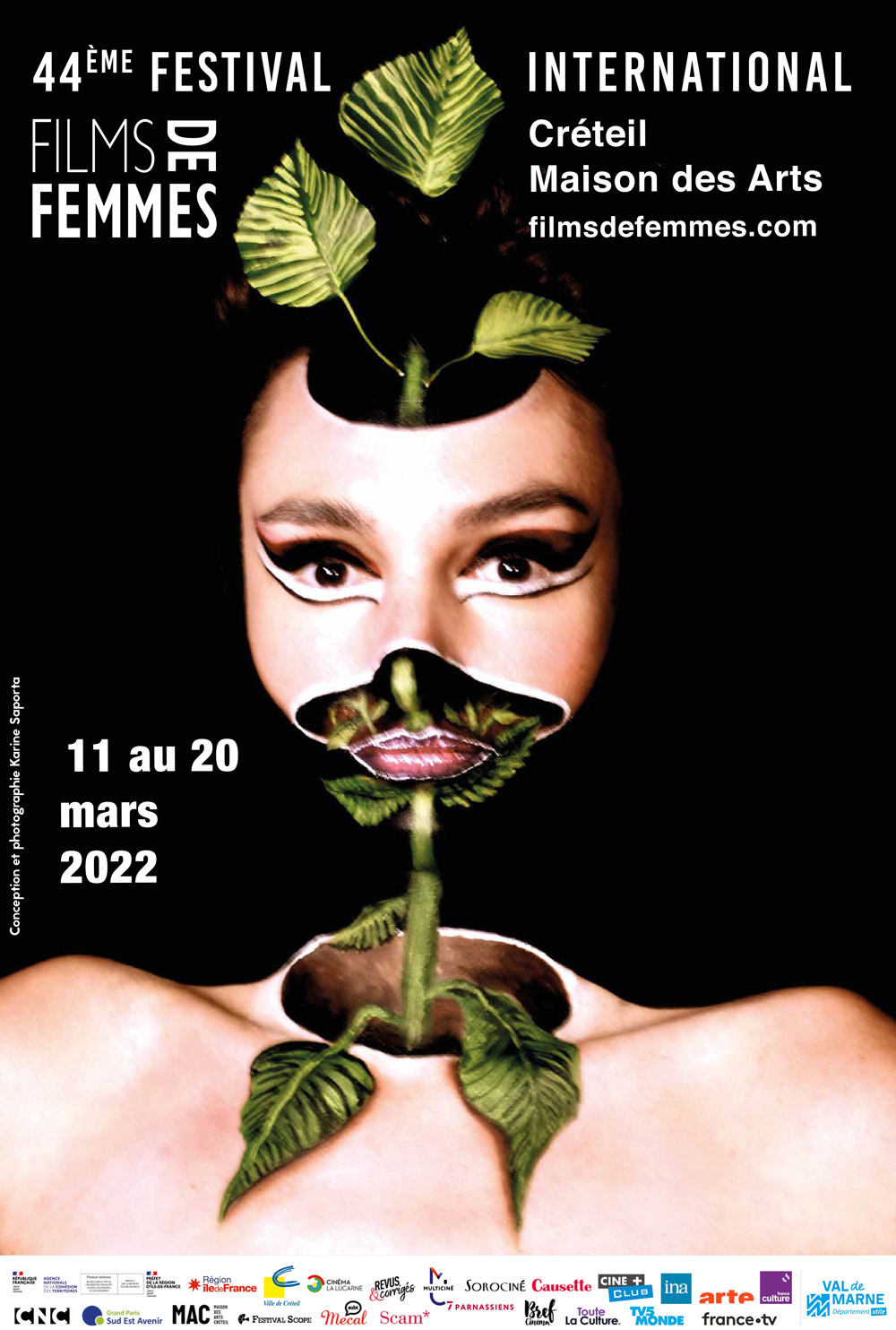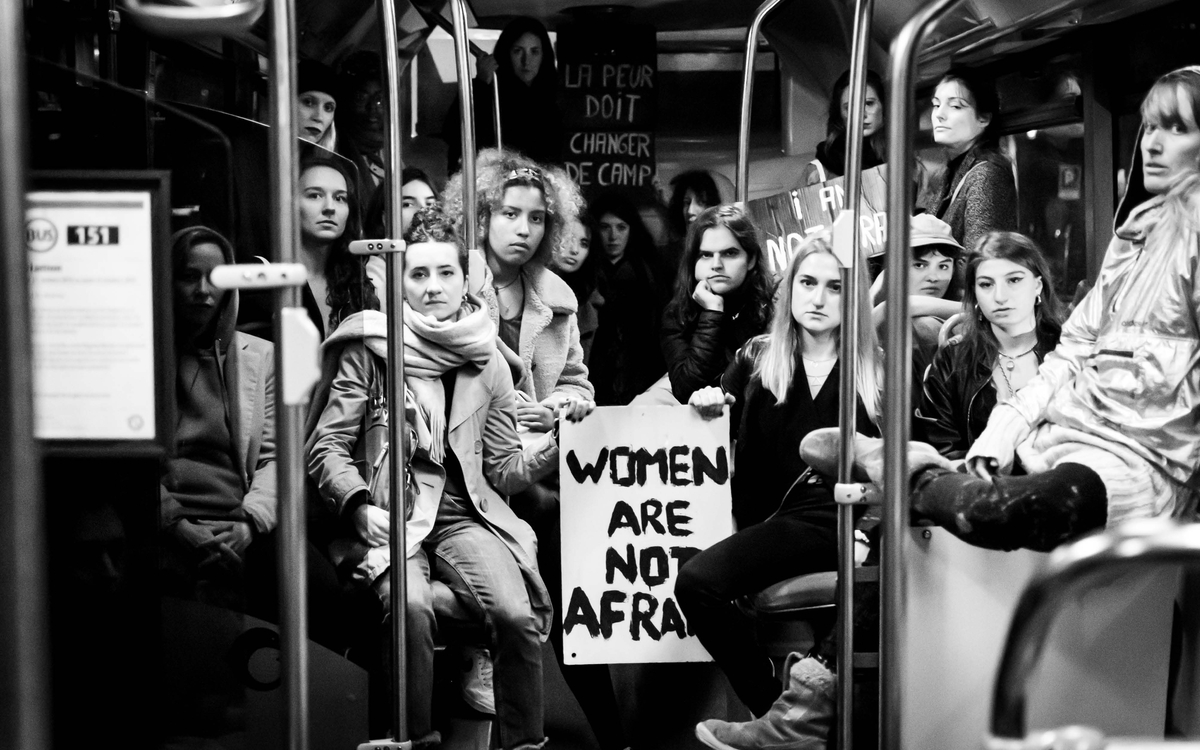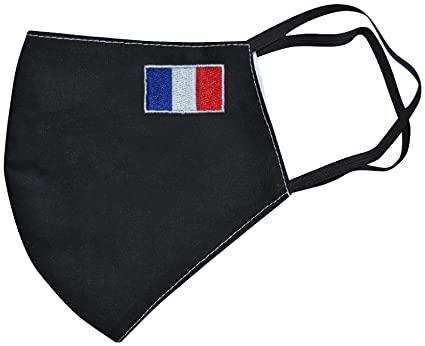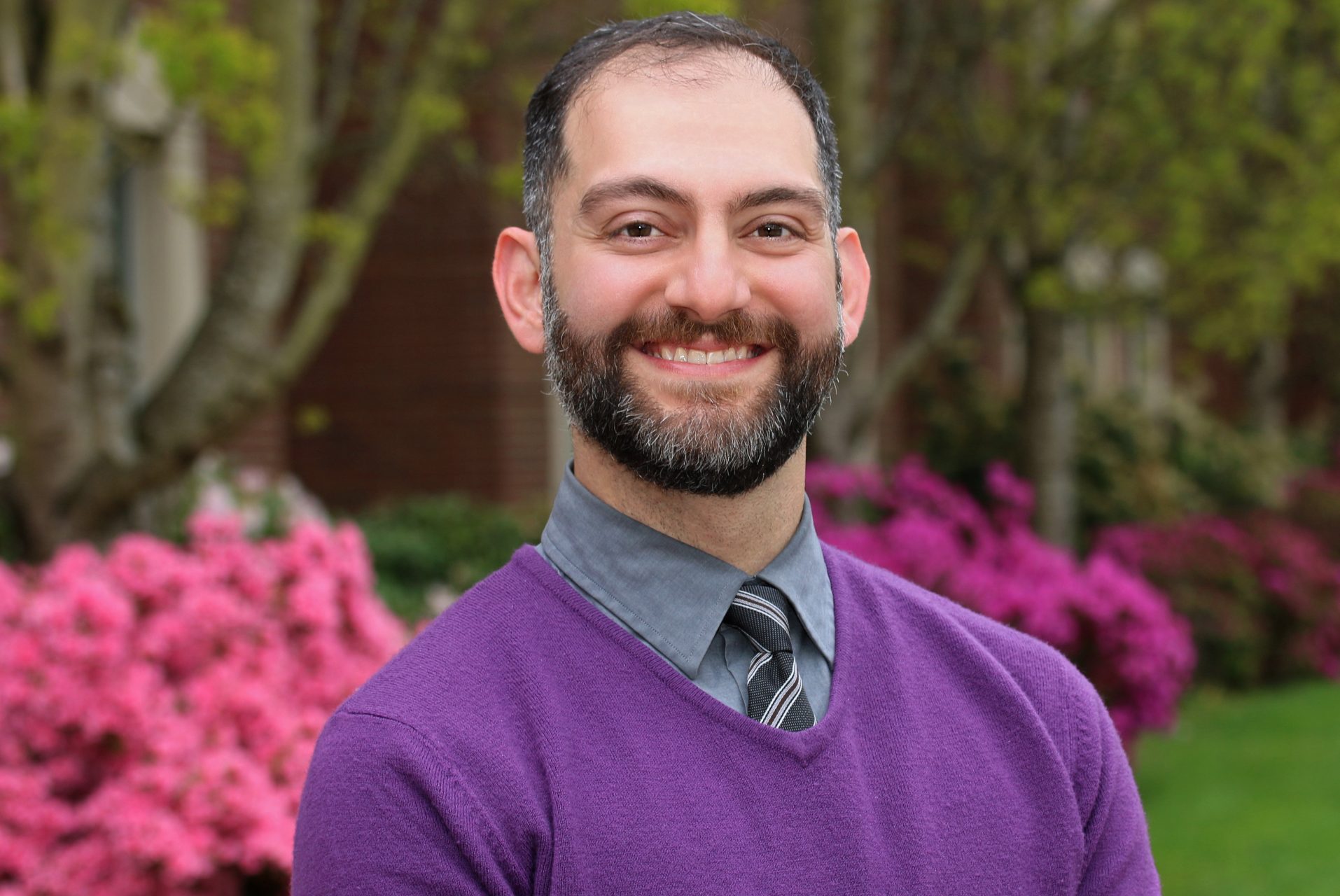Where are you from and what originally brought you to Paris?
I was born in Savannah, Georgia (US of A), raised in New York, and had been living in Los Angeles (where I squandered my childhood in film and television) before enrolling in the Kent Paris Creative Writing Masters Programme. My son was studying for a Bachelors and Masters at American University of Paris. So, Kent in Paris offered me the twin opportunities of studying in an excellent program while sharing digs in the 7ème with David. It was a splendid year on all counts. Papa was right; Paris is still a moveable feast.
What attracted you most about studying at PSAC?
I’d read a good deal about the PSAC program. And after reading their books, I was impressed by the instructors who would be available to me – particularly Dragan Todorovic and Amy Sackville. I’d urge every prospective creative writing student to read the work of the instructors they’ll study under and work with. Really good writers don’t always prove to be exceptional teachers. But at least you can be confident they know their onions. That’s important. Because as well as tutelage, you’re going to rely on them for that all-important criticism.
What were some of the highlights of your experience?
The classes I sat were, by and large, outstanding. And the pleasures of the classroom were delightfully augmented by the bright and interesting students with whom I shared them. They hailed from New Orleans and Moscow and Ho Chi Minh City. They were sharp and cosmopolitan. The conversations ranged every-which-way. And they had opinions about everything. So, the down-time between and after classes was as lively and thought-provoking as the classes themselves.
What are you currently doing and how did that come about?
The Kent PhD in Creative Writing caught my ear while listening to Dragan Todorovic describe how the programme worked. Then he turned to me and said, “You should think about doing it.” I did. And right now, I’m in the thick of a Kent PhD with Dragan as my primary supervisor and Amy Sackville as overseer. There’s one great thing about this program I would hammer home to anyone who wants to learn to write a novel: Enrolling for the Kent PhD gets you an editor (or two) who will work with you, stick with you, and give you their best for up to four years and even longer. You’ll never-ever enjoy that luxury again, not with any publisher or agent, not in the book publishing environment of this day and age. Not when manuscripts are supposed to arrive camera-ready at the editor’s desk. The era when Thomas Wolfe had Maxwell Perkins as a tenacious and belligerent guiding angel for seven years are long gone. At Kent, for the long run you’ll have an experienced, multi-published author to work with you, advise you, challenge and console you. That is certainly worth the price of admission.
Do you think that your studies at PSAC helped with your career or creative endeavours?
Would you recommend PSAC to potential students and if so what would you tell them?
Were a kid of mine coming to PSAC to study, I’d give them this advice: Steep yourself in Paris and the literature of France – from Rabelais to Stendhal to Sartre, Camus, Perec, de Beauvoir – even Romaine Gary and Jean Simmons. Think of the year(s) you’ll spend in Paris as an immersion, mind and soul. Infuse yourself with Parisian life and French lit until it oozes out of every pore. Learn to speak French if you’re capable, and speak it to everyone from your instructors to the doorman. At best, it will imbue you with a personal renaissance. If nothing else, the experience will throw the rest of your life into high relief so you’ll can recognize it for what it is and isn’t.
Merci beaucoup, Steve! You can find a list of Steve’s books here (ask for them at your local independent bookshop!). If you would also like to develop your own writer, learn more about our Creative Writing MA in Paris at this link.

